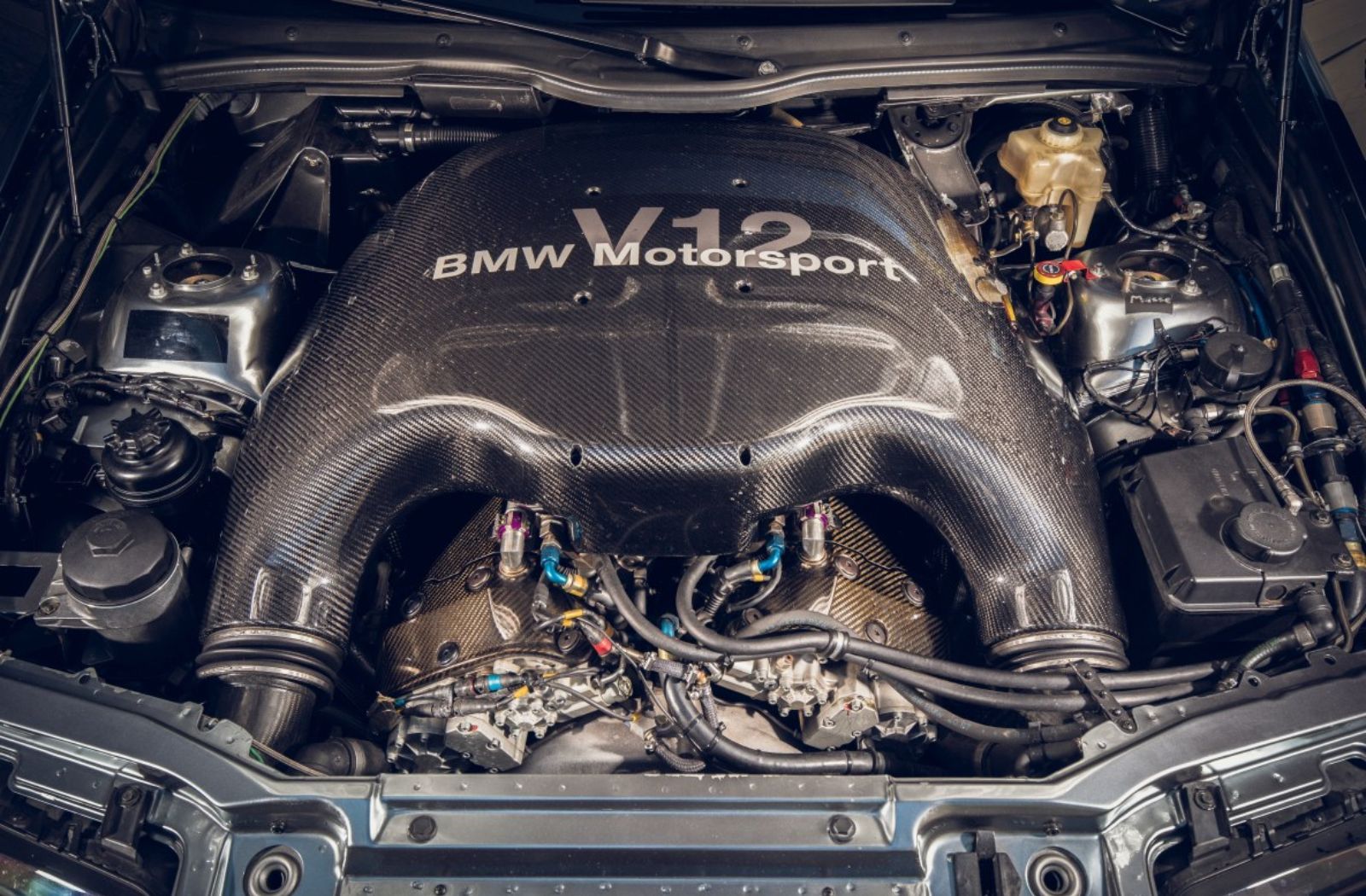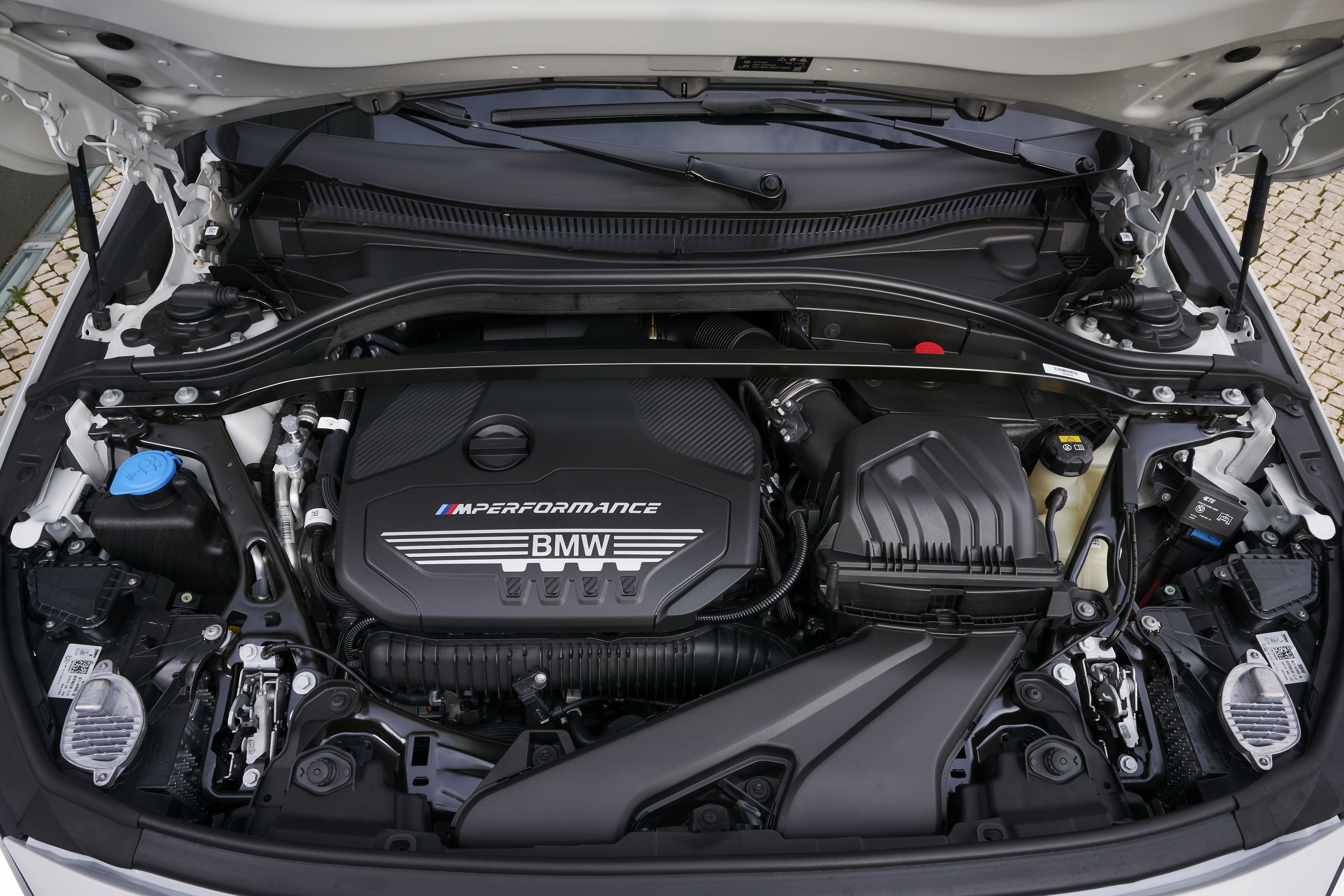The Advancement of the BMW Engine: A Recall at Iconic Models
Wiki Article
Revealing the Intricacies of Next-Generation Power Units: a Deep Dive Into Advanced Engine Innovations and layouts
As we stand on the precipice of a new era in transportation, the intricacies of next-generation engine layouts bid us to explore the advanced modern technologies and technologies that guarantee to redefine the driving experience. Delving much deeper into the realms of exhaust control, intelligent engine monitoring systems, and the horizon of power device development, we locate ourselves on the cusp of a change that assures to reshape the landscape of wheelchair as we know it.Evolution of Engine Products

The shift towards advanced engine materials has actually additionally made it possible for engineers to develop engines with higher power outcomes while preserving gas performance criteria. For example, using lightweight materials minimizes the total weight of the engine, bring about boosted gas economy and lower discharges. Additionally, advancements in materials technology have allowed for better thermal management within engines, resulting in raised integrity and long life.
Turbocharging and Supercharging Technologies
Exactly How do Turbocharging and Supercharging Technologies transform engine performance and performance in contemporary vehicles? Turbocharging and supercharging are innovations that considerably enhance engine efficiency by enhancing the amount of air consumption right into the combustion chamber. Turbocharging achieves this by utilizing a wind turbine driven by exhaust gases to pressurize the intake air, while supercharging makes use of a belt- or chain-driven compressor to accomplish the same result.
These innovations allow smaller sized, a lot more fuel-efficient engines to produce power comparable to larger ones, called downsizing. Forcibly even more air right into the cylinders, turbocharging and turbo charging boost combustion effectiveness, causing enhanced horsepower and torque result without a considerable rise in engine size. This brings about better velocity, hauling ability, and overall driving efficiency.
Moreover, turbocharging and supercharging contribute to enhanced gas efficiency by enabling the usage of smaller sized engines that consume less gas under regular driving conditions - bmw engine. This combination of boosted efficiency and efficiency has made turbocharging and turbo charging indispensable components of lots of modern-day engine designs
Emission Control and Environmental Effect
With raising international concerns relating to air top quality and ecological sustainability, the implementation of emission control innovations in automobiles plays a crucial function in minimizing unsafe toxins launched right into the atmosphere. Modern cars are geared up with advanced discharge control systems that aid decrease the ecological impact of automobile procedures. Catalytic converters, as an example, are designed to convert hazardous gases such as carbon monoxide gas, nitrogen oxides, and hydrocarbons into less damaging compounds like co2 and water vapor.In addition, innovations in engine modern technology, such as the assimilation of exhaust gas recirculation systems and discerning catalytic decrease, have actually dramatically added to reducing discharges. These innovations operate in tandem to maximize combustion efficiency and decrease the release of damaging toxins into the air. Furthermore, the development of hybrid and electrical vehicles represents an essential step towards reducing the total environmental impact of the transport industry.
Intelligent Engine Management Equipment

Additionally, these systems make it possible for automobiles to meet rigorous discharges criteria without jeopardizing performance, supplying a more eco friendly driving experience. The assimilation of synthetic knowledge and artificial intelligence abilities in engine monitoring systems remains to press the boundaries of what is feasible, bring about additional renovations in efficiency, dependability, and total car efficiency. bmw engine. As automotive innovation breakthroughs, intelligent engine administration systems will certainly play an important duty in forming the future of transport in the direction of a much more effective and lasting instructions
Future Trends in Power Unit Development
As smart engine monitoring systems pave the method for boosted control and optimization in contemporary automobiles, future patterns in power unit development are positioned to redefine the landscape of automobile propulsion innovations. Among the key fads driving technology in power device growth is the shift towards electrification. With an enhancing emphasis on sustainability and minimizing carbon emissions, hybrid and electrical powertrains are becoming a lot more common in the vehicle sector. These alternate power resources my response provide improved performance and efficiency while aligning with rigorous ecological policies.One more substantial pattern is the assimilation of innovative products and making strategies. Lightweight materials such as carbon fiber and aluminum are being made use of to minimize overall lorry weight, enhancing fuel effectiveness and efficiency. In addition, developments in 3D printing and additive manufacturing are making it possible for the production of complicated engine parts with higher accuracy and sturdiness.
In addition, expert system and artificial intelligence are playing an essential role in maximizing power system efficiency. These innovations permit real-time tracking and adaptive control, bring about much more reliable and reputable power distribution. Overall, future trends in power system development are geared in the direction of sustainability, efficiency, go right here and efficiency, driving the vehicle market in the direction of a new period of propulsion innovations.

Conclusion
In final thought, the advancements in engine materials, turbocharging, emission control, and smart monitoring systems have paved the means for next-generation power systems. The complex designs and technologies in contemporary engines display the recurring advancement of auto modern technology.Discovering the progressive innovations in engine materials has been essential in enhancing the efficiency and performance of modern engines. Over the years, the evolution of engine materials has actually played an important role in pushing the borders of what engines can attain.The change in the direction of advanced engine products has actually also made it possible for engineers to make engines with greater power results while maintaining fuel performance standards.The application of smart engine administration systems in modern cars has actually transformed the means engines are controlled and optimized for efficiency and performance. By gathering information in real-time and examining it with advanced formulas, smart engine monitoring systems can adjust to driving designs, environmental variables, and engine health to maximize power outcome while reducing gas usage and exhausts.
Report this wiki page